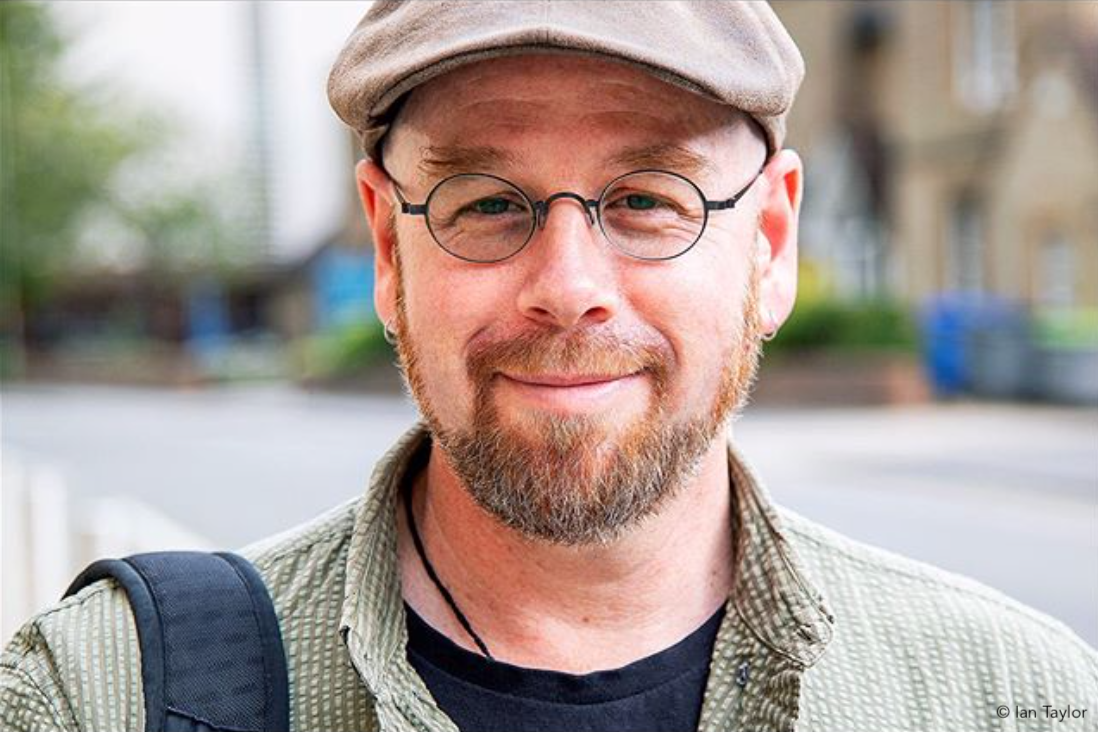
World Environment Day last Friday highlighted the need to care for our planet. This is the focus every day for Matthew Flinders Fellow in Global Ecology Professor Corey Bradshaw, whose research into the impact of humans and climate fluctuations on ecosystems is helping inform environmental policy around the world.
What made you decide to work in this field?
My entry into biological sciences was largely due my upbringing in the bush and a fascination with how ecosystems functioned, but also a particularly inspiring teacher at school.
What is your current research about?
I’m something of a generalist, but today I focus mostly on modelling ecosystem changes through time. This means using mathematics and powerful computers to simulate how species change, adapt or go extinct as their environments around them change, whether these changes arise from natural variation or from human degradation. Much of my focus right now is looking at what happened to Australia’s ecosystems over the last 130,000 years, including the loss of our megafauna and the arrival of the ancestors of Australia’s Indigenous peoples.
How will your work benefit the wider community?
My team’s research ultimately comes down to finding the best ways to reduce the probability that species go extinct from human endeavour. Examining which species are the ‘lynchpins’ that hold communities together, measuring which species are most susceptible to climate change, and how fast broken systems can recover, are all examples of how humans can manage the natural systems on which we all depend.
What has been your proudest moment as a researcher?
It was when my first PhD student was hired in the same research field in which she was trained. I’m always proud when PhD students finish their thesis, but I really celebrate when this translates into gainful employment.
What has been your most challenging moment as a researcher?
During my PhD, I was stranded in Punta Arenas in southern Chile, desperately trying to get on a military flight to King George Island off the Antarctic Peninsula, to ensure I arrived in time for the penguin breeding season. Two days after I had arrived in Chile, the infamous dictator Augusto Pinochet was incarcerated in London during a medical visit, which basically meant that the military went into crisis mode and cancelled all flights. My gear had already been flown to Antarctica the day before the crisis began, so I was stuck in a small town experiencing gale-force winds and slicing sleet with no proper clothing, no money, and missing the precious window for my planned research. I don’t think I have ever been more professionally frustrated.
What does a normal day look like for you?
These days my research is decidedly less swashbuckling than trips to Antarctica, but I find it immensely challenging and fun. Much of my current work is computer-based, so I mostly type code and write in front of the screen.
If there is one piece of advice you could impart on future researchers and university students, what would it be?
I’ll actually give two tips: make sure your maths is up-to-scratch before, during and after your studies, and make sure you write, write and write some more. First and foremost, scientists are writers, and because everything we do comes down to measurements and numbers, being adept in mathematics is essential.

